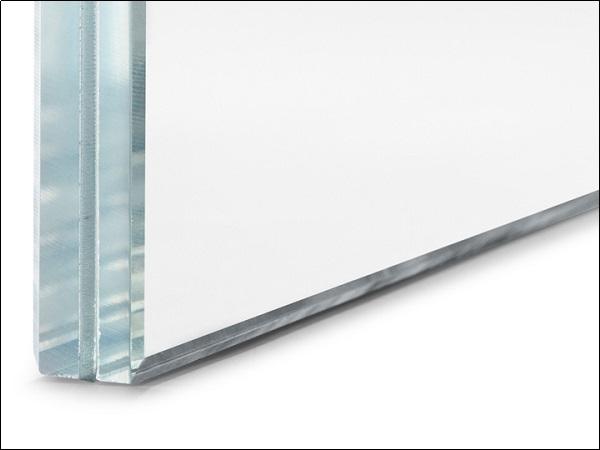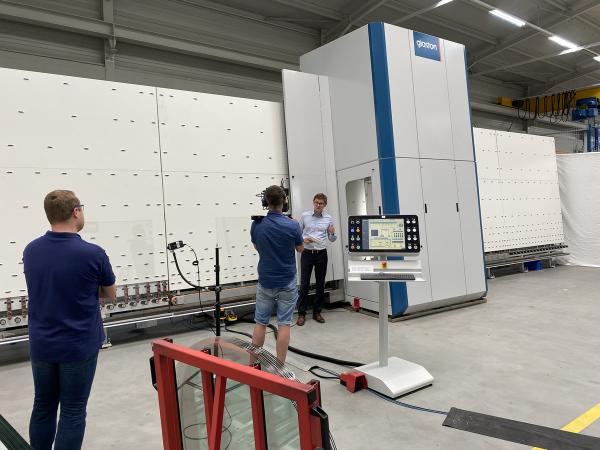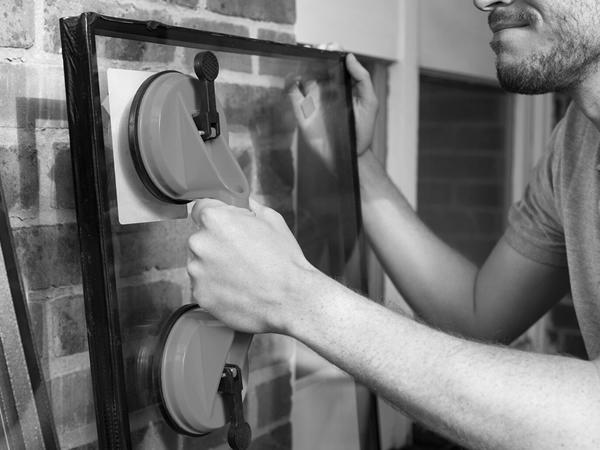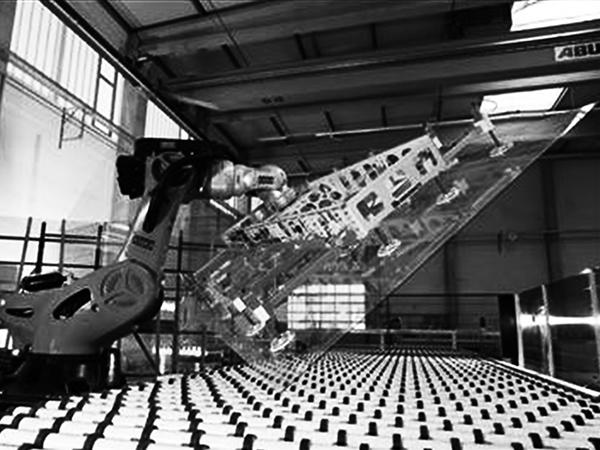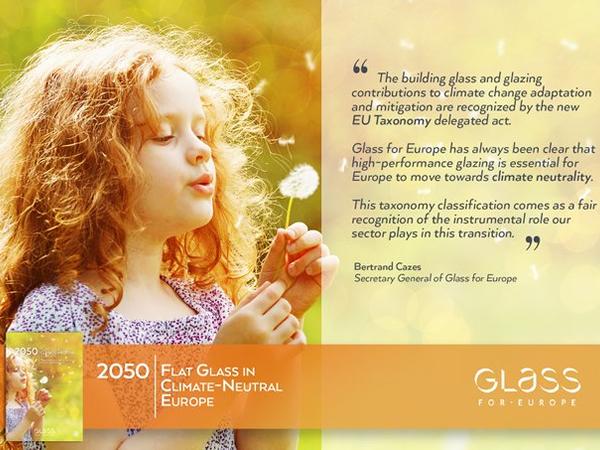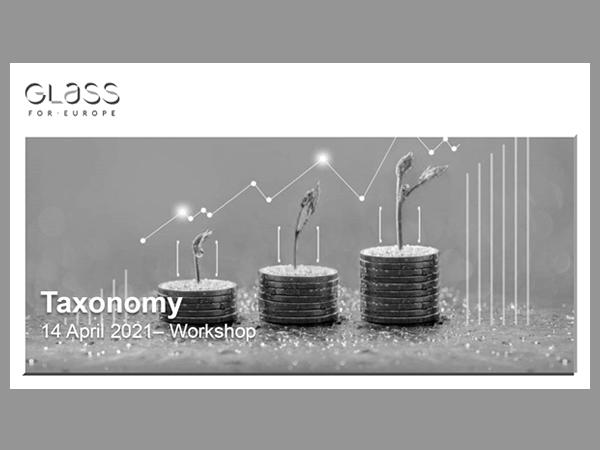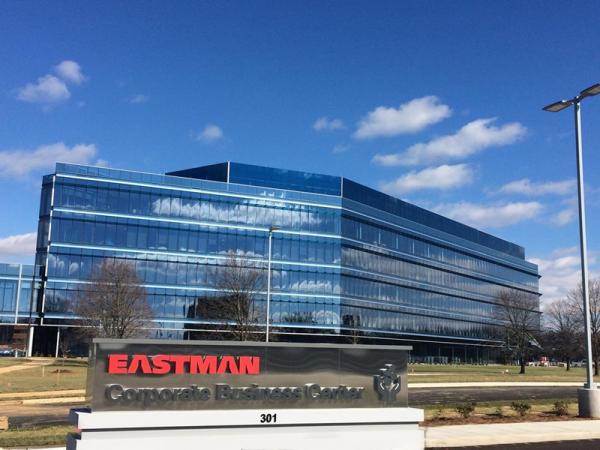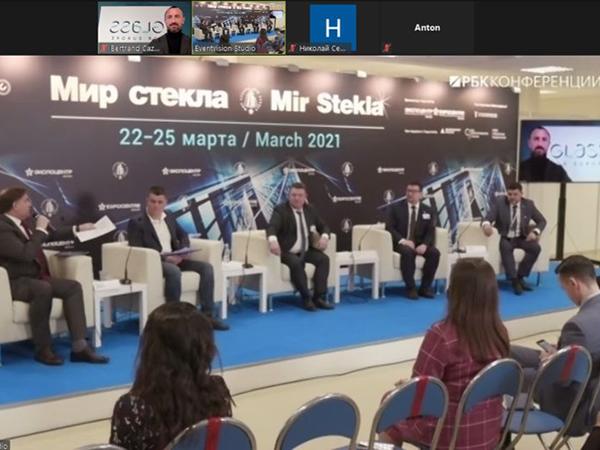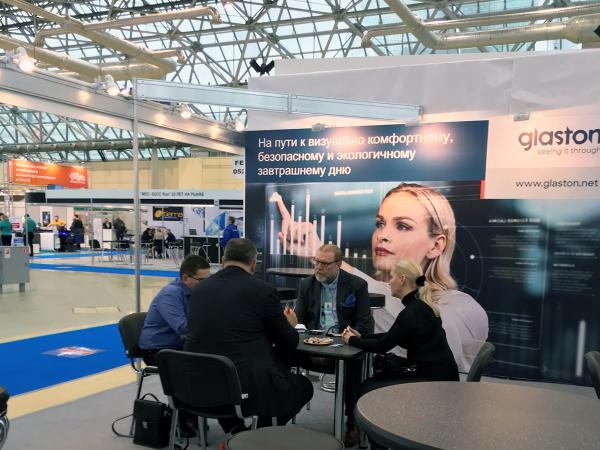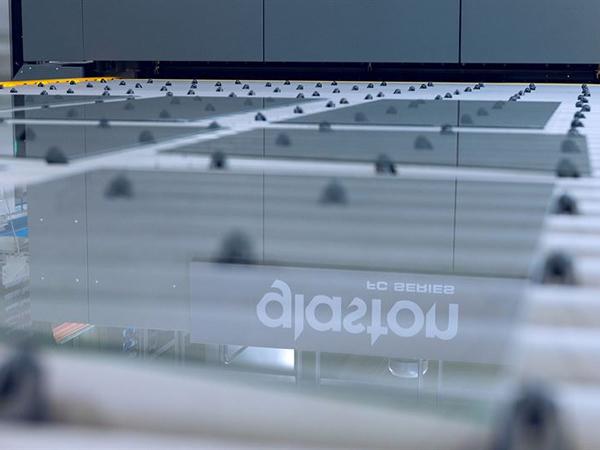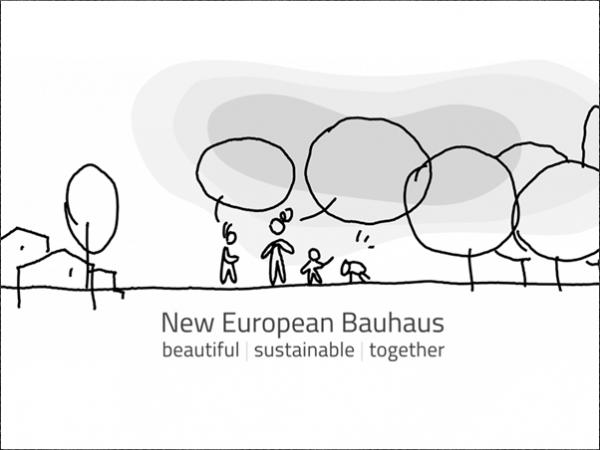Others also read
The main functions of windows and facades are to let daylight into buildings and to ensure a visual connection with the exterior.
The video released today by Glass for Europe shows how glass and its properties are discreet and indispensable components of our lives.
The benefits delivered by large glazed surface are more than we think. They provide access to natural daylight and a visual connection with the external environment.
The annual International Window Film Conference and Tint-Off™ (WFCT) makes its way to the Henry B. González Convention Center in San Antonio, Texas, Sept 14-16, 2022.
Advanced machines offer industry-best digital glass printing for the architecture and automotive markets
Yesterday, Glass for Europe organized a special on-line workshop entirely dedicate to the “fit for 55” package, which was released on 14 July.
To support the increasing demand for laminated glass in Russia and the Commonwealth of Independent States, Guardian Glass is adding a new jumbo laminated glass production line at its Ryazan, Russia plant.
Installation & setup of the brand new insulating glass line "Glaston JUMBO XXL FLEX 3360" at AGC Interpane site in Plattling, Germany.
Kuraray issued a new brochure on Trosifol® The Wedge. The use of Head Up Displays (HUD) continues to increase in the automotive industry.
Glass for Europe is ready to engage with European Parliament and EU Council to trigger a virtuous decarbonisation cycle.
On 8 June, Glass for Europe held the third of its 2021 workshops with national glass stakeholders.
Last week on June 16 – June 18, Glaston successfully organized the first-ever Glaston Innovation Days.
Today, 21 June, Glass for Europe answered to the public consultation on revising the Energy Performance of Building Directive (EPBD).
The Challenging Glass 8 conference is planned for 23 & June 2022 at Ghent University!
Yesterday, the European Commission released the update of the EU Industrial Strategy, firstly published in March 2020, just before the explosion of the COVID19 pandemic.
Glass for Europe has always been clear that high-performance glazing is essential for Europe to move towards climate neutrality. This EU Taxonomy classification comes as a fair recognition of the instrumental role our sector plays in this transition.
The significant attendance to the Glass For Europe workshop on taxonomy shows the issue is of high concern to the flat glass industry.
Polish Glass Manufacturers’ Federation, the national association of the Polish glass industry, is a new national partner of Glass for Europe.
Eastman Announces Investment to Upgrade and Expand Extrusion Capabilities for Interlayers Production
The investment will strengthen Eastman’s supply capability to respond to regional and global demand for Saflex® PVB products.
On March 22nd, Glass for Europe was virtually in Moscow for the 22nd edition of MIR STEKLA, the International Exhibition for Glass Products, Manufacturing, Processing and Finishing Technology.
The company’s representatives are looking forward to seeing you at Stand FE054.
In January 2020, Glaston announced its new group structure with business areas Glaston Heat Treament Technologies, Glaston Insulating Glass Technologies and Glaston Automotive & Emerging Technologies.
Glass for Europe contributed to the new European Bauhaus to highlight the importance of considering buildings in all their dimensions and to promote a people-centred approach to architecture.
The European automotive glass industry is concerned by the increasing number of national certification schemes for automotive glass put in place worldwide.








